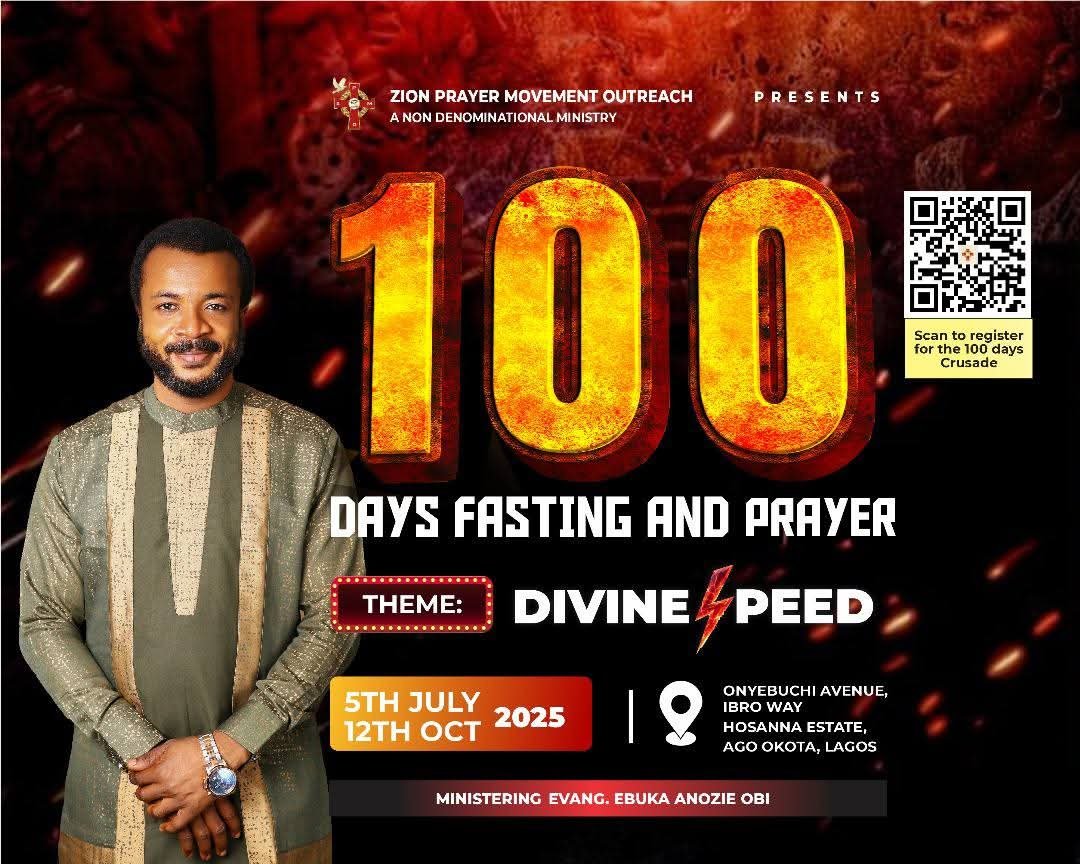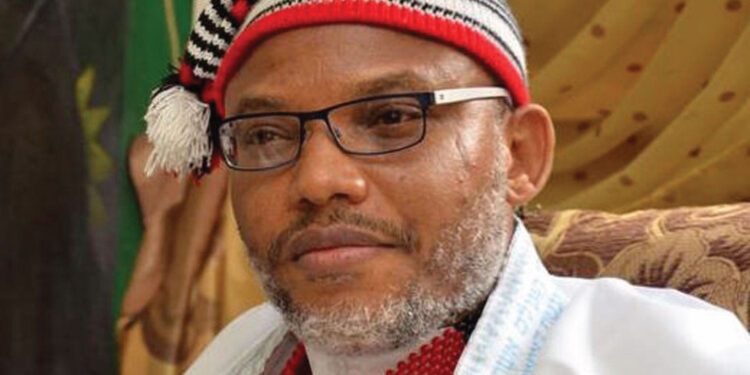Human rights activist and public affairs commentator, Mahdi Shehu, has condemned the Council of State’s decision to exclude the detained leader of the Indigenous People of Biafra (IPOB), Nnamdi Kanu, from the list of Nigerians granted presidential pardon, describing the move as “insensitive and unjust.”

In a statement posted on his verified X (formerly Twitter) account on Thursday night, Shehu said the Council’s action showed “a deliberate disregard for equity, justice, and peace.”

He noted that the release of Kanu is entirely the IPOB leader’s fundamental right and not a favour, considering a series of court judgments and orders for his release.
“Today the National Council of State decided to grant clemency, amnesty, pardon etc. to various categories of Nigerians both dead and alive. Shockingly, surprisingly, scandalously and deliberately not a single mention or reference was made about Mazi Kanu,” he wrote.
“No single member of the council from the South East made even a mute attempt to mention Kanu’s case. They were all silent as if destroyed by Tinubu’s thunder, lightning and political tsunami.”
Shehu argued that Kanu does not require a pardon because he has not been convicted of any offence, insisting that the Attorney-General of the Federation should have been directed to terminate his prosecution.
“For the avoidance of doubt, Kanu is not a candidate for clemency, pardon, amnesty, pity or compassion because he is not a convict,” he said.
“The Council of State should have directed the Attorney General of the Federation to terminate Kanu’s trial by way of nolle prosequi.”
The activist also criticized what he described as the hypocrisy of pardoning militants and insurgents while keeping a political agitator in detention.
“Moreso when people who had taken arms against the state, destroyed national assets, killed, maimed, incapacitated both foreigners and citizens are moving around freely with armed guards, some ‘elected’ as lawmakers, others occupying public offices, many more influential government contractors and consultants. Yet many have been granted different classes of national honour,” he stated.
Shehu said that ignoring Kanu and excluding him from the clemency list “means Nigerians are not ready for peace through dialogue.”
“If Boko Haram killer groups, Niger Delta killer networks, and killer Fulani militias are being pardoned, compensated, trained, and integrated into communities, then the release of Kanu has graduated to a right, not a favour,” he said.
The National Council of State, chaired by President Bola Ahmed Tinubu, on Thursday approved the granting of state clemency and national pardon to scores of Nigerians, including the late Herbert Macaulay, literary icon Aminu Kano, former military officer Major General Mamman Vatsa, and nine Ogoni activists executed under the Abacha regime.
The move, according to the government, was aimed at promoting national reconciliation and healing, particularly as Nigeria marks 25 years of uninterrupted democracy.
However, the absence of Nnamdi Kanu’s name from the list has stirred outrage among civil rights groups and political observers, who see it as a missed opportunity for national unity and peace in the South-East.
Meanwhile, human rights activist and former presidential candidate of the African Action Congress (AAC), Omoyele Sowore, has announced plans to lead a #FreeNnamdiKanu peaceful march to the Presidential Villa in Abuja on October 20, to demand the unconditional release of the IPOB leader.
Sowore described Kanu’s continued detention as a violation of both national and international law, urging top politicians, stakeholders, Nigerians in the South-East and across the country to join the march as a demonstration of solidarity with the cause of justice and peace.
Kanu has been in the custody of the Department of State Services (DSS) since June 2021 after his controversial extradition from Kenya.
Despite multiple court rulings ordering his release, the Nigerian government has continued to hold him, citing national security concerns.
Shehu’s comments added to growing calls from civil society, religious leaders, and political groups urging President Tinubu to use his powers to end Kanu’s prolonged detention as a gesture of national reconciliation.



















